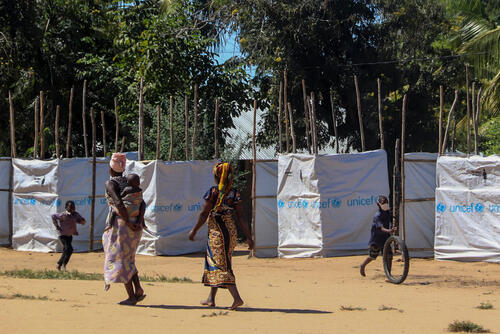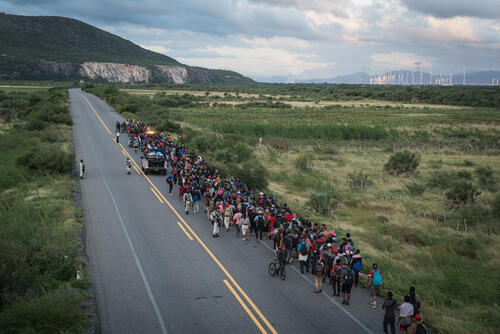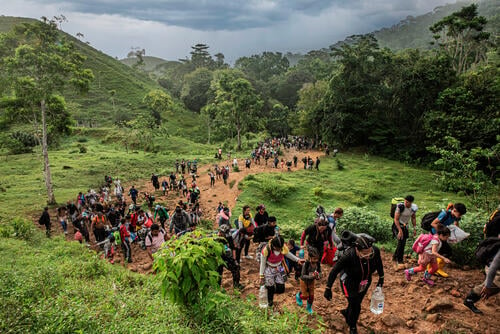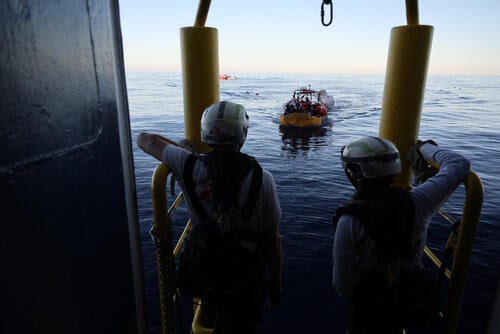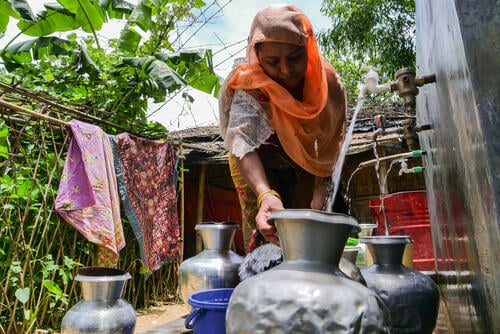The number of people who have been forcibly displaced is now more than double the number 10 years ago, and the most since World War II. There are many reasons for flight, including war, persecution, conflict, natural disaster, destitution and repression.
With health and well-being jeopardized, the lives of the most vulnerable can be at risk. The majority are internally displaced people (IDPs), meaning they haven't crossed a border and have stayed within their country.
MSF teams work alongside people on the move at their points of arrival or during the treacherous journeys they undertake, inside and outside their countries.
Featured
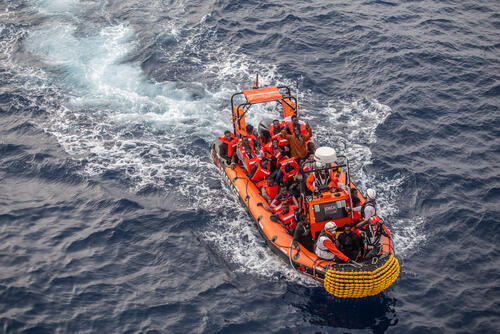
Over 100 deaths at sea in one week as European States look away
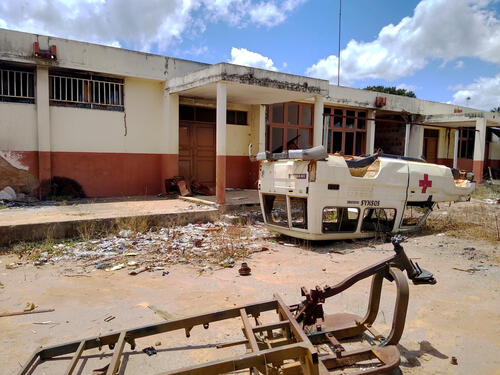
"It's extremely volatile" – people in Cabo Delgado continue to flee violence
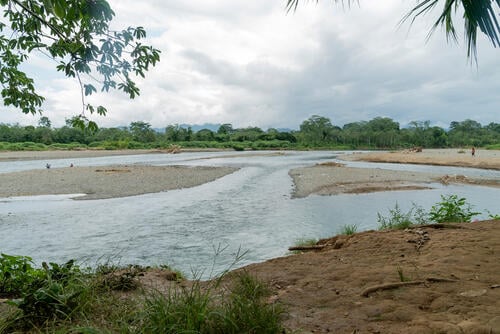
Violence and danger for people crossing Panama’s Darien jungle
Reports & Analysis
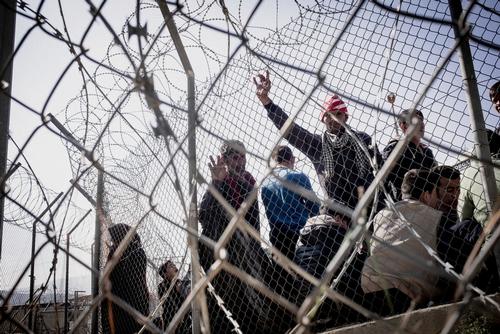
Constructing Crisis at Europe’s Border
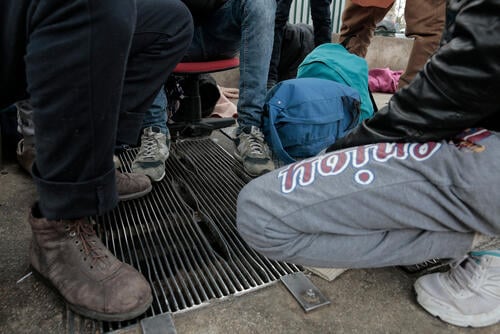
Unaccompanied minors, symbols of a policy of mistreatment
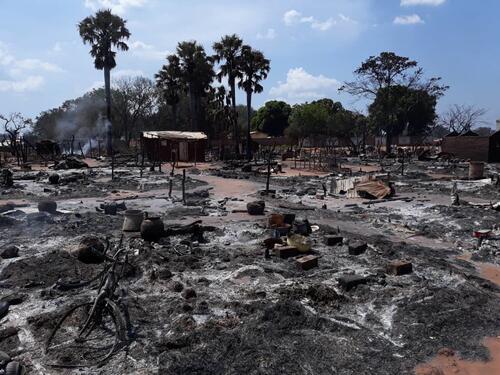
Unprotected: Report on violence and lack of protection for civilians in CAR
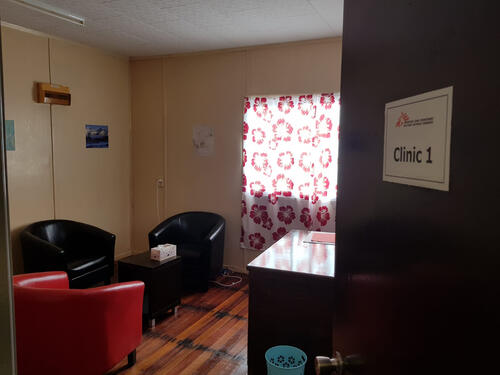
Report: Indefinite Despair
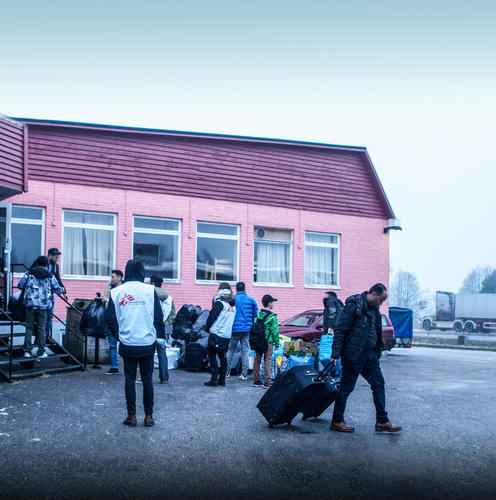
Uncertain life situation leads to mental health distress among asylum seekers
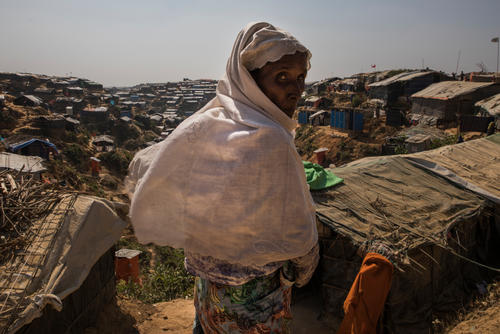
‘No one was left’ - Death and Violence Against the Rohingya
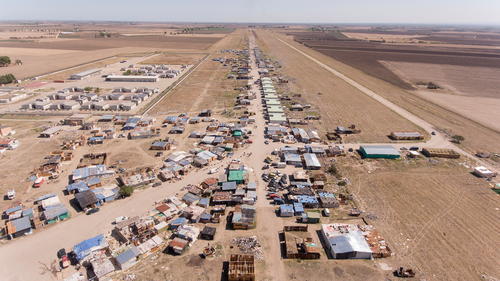
Migrants and refugees on the margins of society

MSF-Analysis articles on Migration & Refugees
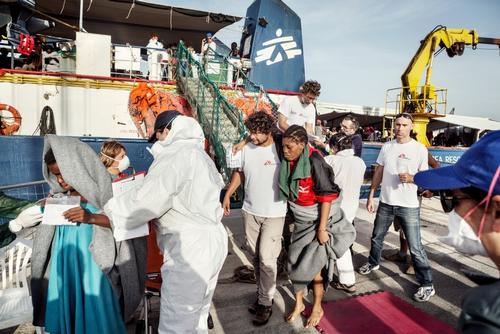
European policies dramatically worsened the so-called 2015 “refugee crisis”

MSF denounces the sexual violence against migrants travelling to Europe
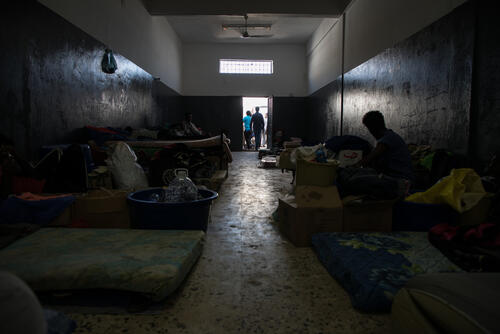
Libya: “They were shot and killed as they fled arbitrary detention”
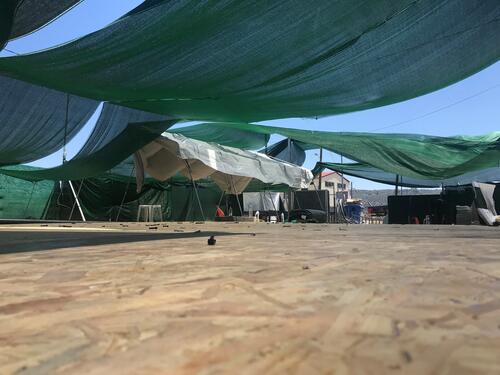
MSF forced to close COVID-19 centre on Lesbos
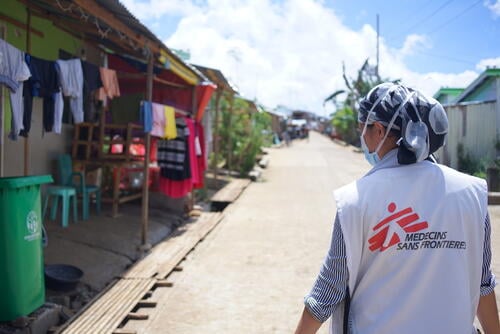
Displaced communities in Marawi living with COVID-19 and ongoing uncertainty
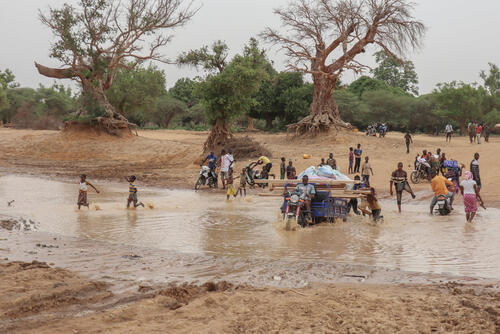
Displaced in Burkina Faso face extra challenges amid increasing violence and rain
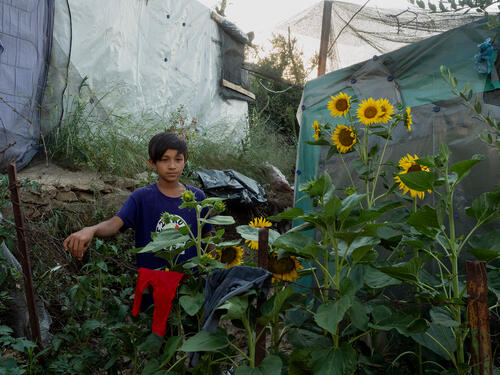
Greek government must end lockdown for locked up people on Greek islands
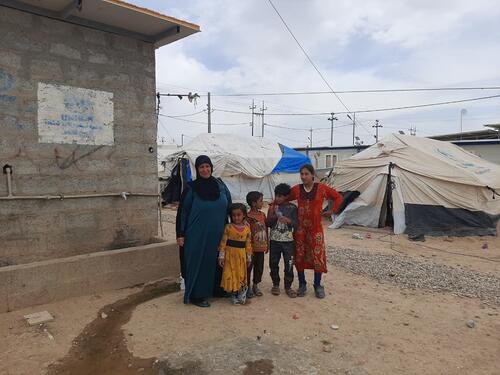
Displaced people are extremely vulnerable to COVID-19 in Iraq
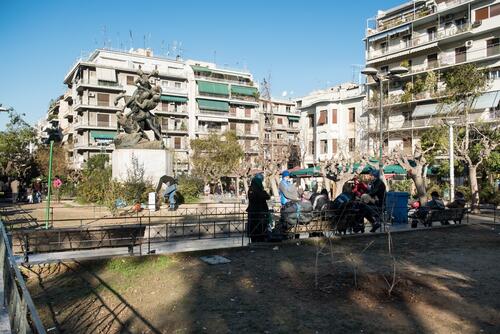
Vulnerable refugees evicted and left to sleep on streets

COVID-19 and economic downfall reveal migrant workers’ mental health crisis in Lebanon
